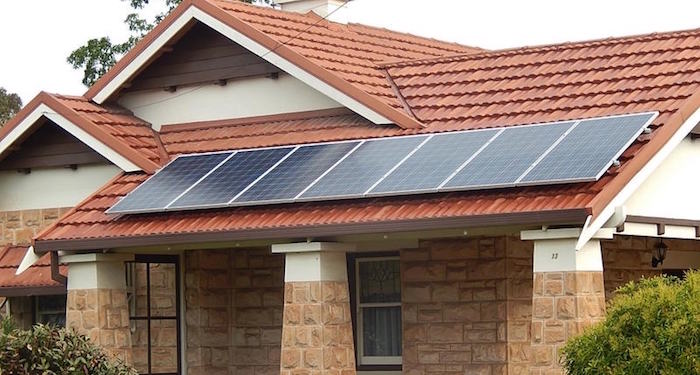Buying a Home with Existing Solar Panels: What Happens When You Buy A House With Solar Panels?
When it comes to buying a home, there are many factors to consider, including the presence of existing solar panels. With the increasing popularity of renewable energy sources, it is not uncommon to come across a house that already has solar panels installed. However, as a potential buyer, you may have some questions about what happens when you purchase a house with existing solar panels.
First and foremost, it is important to understand the benefits of buying a home with solar panels. Solar energy can significantly reduce your monthly electricity bills, providing long-term cost savings. Additionally, solar panels contribute to a cleaner environment by reducing carbon emissions. So, if you are environmentally conscious and looking for an energy-efficient home, a house with existing solar panels can be a great choice.
When buying a home with solar panels, there are a few key points to consider. Firstly, you should gather information about the age and condition of the solar panels. This will help you determine their remaining lifespan and any potential maintenance or replacement costs in the future. It is also important to review the warranty information for the solar panels, as this will provide insight into any coverage or guarantees you may have.
Another crucial consideration is understanding the terms of the solar panel agreement. In some cases, homeowners may have leased the panels from a solar company, while others may have purchased them outright. If the panels are leased, you will need to review the terms of the lease agreement and understand your rights and responsibilities as the new homeowner. On the other hand, if the panels are owned, you will want to ensure that the necessary documentation is transferred to you during the home-buying process.
During the home inspection, it is recommended to hire a qualified professional with experience in solar panel systems. They can assess the condition of the panels and provide you with an accurate evaluation of their performance. This will help you make an informed decision about the value they add to the property and any potential maintenance or upgrade costs you may encounter.
In conclusion, buying a home with existing solar panels can be a wise decision both financially and environmentally. However, it is essential to gather as much information as possible about the panels, including their age, condition, warranty, and ownership status. Seeking professional assistance during the home-buying process will ensure that you make an informed decision and fully understand the implications and benefits of owning a solar-powered home.

Questions to Ask About Buying a Home Solar
Who Owns the Panels?
When you are buying a home with solar panels, it’s important to ask who owns them. If you are buying the home, you will want to be sure that you will be the one who owns the panels, and if you are leasing them, you will want to make sure that the lease is transferable. Owning solar panels can mean lower costs and more cost-effective energy usage. Buying solar panels may also be a perk that you can point out to home buyers.
Who made the panels?
Solar panels come in a variety of shapes, sizes, and colors, so it’s important to ask the seller about the type of panels that are on the house. If you have your heart set on a certain kind of panel, be sure to inquire about its compatibility with the solar panel system first.
Who installed the panels?
If you’re not familiar with solar panels, it’s important to ask some questions about the installation process. Find out how long the panels have been installed, who did the installation, and whether or not the company is still in business. It’s also important to ask about any warranties that come with the panels.
How large is the solar panel system?
When you are asking about the home solar system, it’s important to know how large of a system is installed in your home. Typically, this number will be expressed in kilowatts (kW). You may also ask for an estimate of how many kilowatt-hours (kWh) each year the solar panels produce.
Is net metering a possibility?
If you are considering using your panels for another residence or business, it’s important to ask whether or not net metering is available. This process allows you to send the excess electricity that the solar panels produce back into the grid which allows you to use it at a later time.
